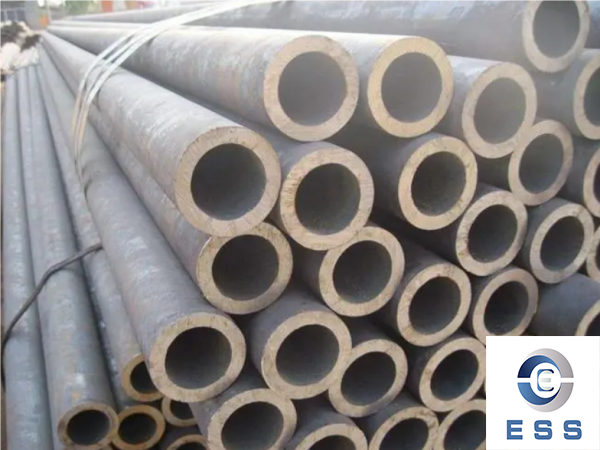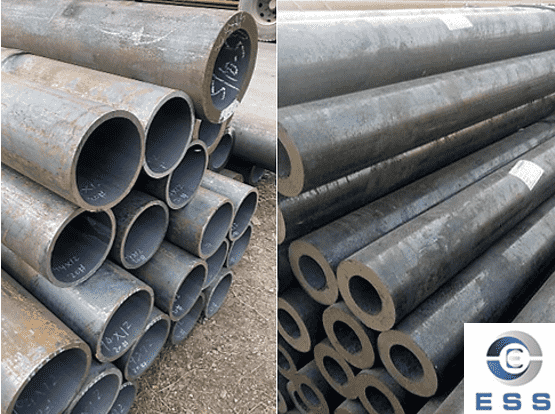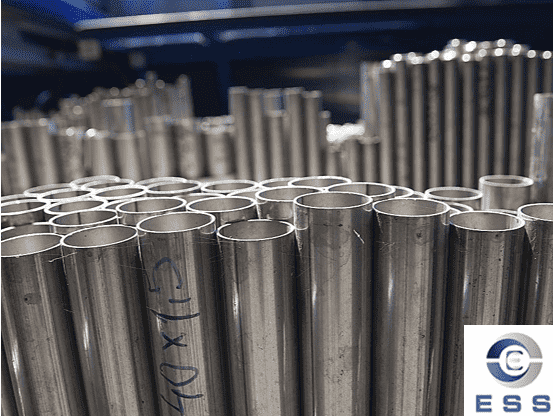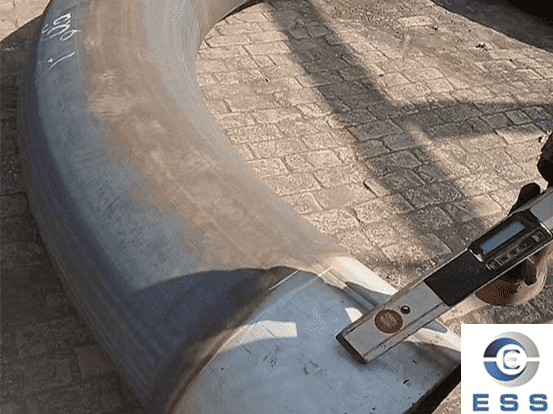Exploring the Advantages of Using Mild Steel Pipes in Construction
Introduction:
Steel pipes are widely used in construction due to their exceptional strength, durability, and versatility. They play a crucial role in the structural integrity of buildings, bridges, pipelines, and various infrastructure projects. Among the various types of steel pipes, mild steel pipes stand out for their unique advantages. This article aims to explore the benefits of using mild steel pipes in construction and shed light on their valuable attributes.

Overview of Mild Steel Pipes:
Mild steel, also known as low-carbon steel, is a popular choice for constructing pipes due to its affordability and ease of fabrication. These pipes are manufactured from steel with a relatively low carbon content, typically ranging between 0.05% to 0.25%. Mild steel pipes are available in various sizes, thicknesses, and lengths, making them suitable for a wide range of construction applications.
Durability and Strength:
Mild steel pipes possess exceptional durability and strength, making them ideal for construction projects. The low carbon content enhances their toughness and resistance to cracking under stress. Mild steel pipes can withstand high pressures, making them suitable for carrying fluids and gases over long distances. Their robustness ensures structural integrity and minimizes the risk of pipe failure.
Cost-Effectiveness:
One of the key advantages of mild steel pipes is their cost-effectiveness. Mild steel is abundant and readily available, resulting in lower material costs compared to other types of steel pipes. Additionally, the fabrication and installation processes of mild steel pipes are relatively simple and cost-efficient. These factors contribute to the overall affordability of mild steel pipes, making them an attractive option for construction projects with budget constraints.
Versatility in Applications:
Mild steel pipes offer versatility in various construction applications. They are used for plumbing, drainage systems, gas pipelines, and ventilation ducts, among others. Their ability to withstand high temperatures and pressures makes them suitable for industrial applications as well. Whether it's residential, commercial, or industrial construction, mild steel pipes can cater to a wide range of project requirements.
Easy Installation and Maintenance:
Mild steel pipes are lightweight and easy to handle, facilitating their installation process. Their malleability allows for customization and bending, ensuring a seamless fit in complex structures. The ease of installation results in reduced labor costs and quicker project completion. Moreover, mild steel pipes require minimal maintenance over their lifespan, reducing long-term expenses for the construction industry.
Resistance to Corrosion:
Corrosion is a significant concern in construction, as it can weaken structures and compromise their safety. Mild steel pipes exhibit excellent resistance to corrosion due to the presence of a protective oxide layer on their surface. Additionally, anti-corrosive coatings and paint systems can be applied to further enhance their longevity. The corrosion resistance of mild steel pipes ensures long-term reliability and reduces the need for frequent replacements.
Environmental Sustainability:
Sustainability is a growing focus in the construction industry, and mild steel pipes align with this objective. Mild steel is highly recyclable, contributing to the conservation of resources and reducing waste. Recycling mild steel has a lower environmental impact compared to the production of new steel, making it an eco-friendly choice. By opting for mild steel pipes, construction professionals can promote a greener and more sustainable approach to their projects.
Conclusion:
Mild steel pipes offer a multitude of advantages in construction, including durability, cost-effectiveness, versatility, easy installation, corrosion resistance, and environmental sustainability. Their exceptional properties make them an attractive choice for engineers and builders seeking reliable and efficient solutions. By leveraging the advantages of mild steel pipes, construction projects can achieve structural integrity, cost savings, and environmental responsibility. Embracing mild steel pipes can lead to successful and sustainable construction endeavors.
Read more: Difference between mild steel pipe and carbon steel pipe













 Eastern Steel Manufacturing Co.,Ltd not only improve product production and sales services, but also provide additional value-added services. As long as you need, we can complete your specific needs together.
Eastern Steel Manufacturing Co.,Ltd not only improve product production and sales services, but also provide additional value-added services. As long as you need, we can complete your specific needs together.










